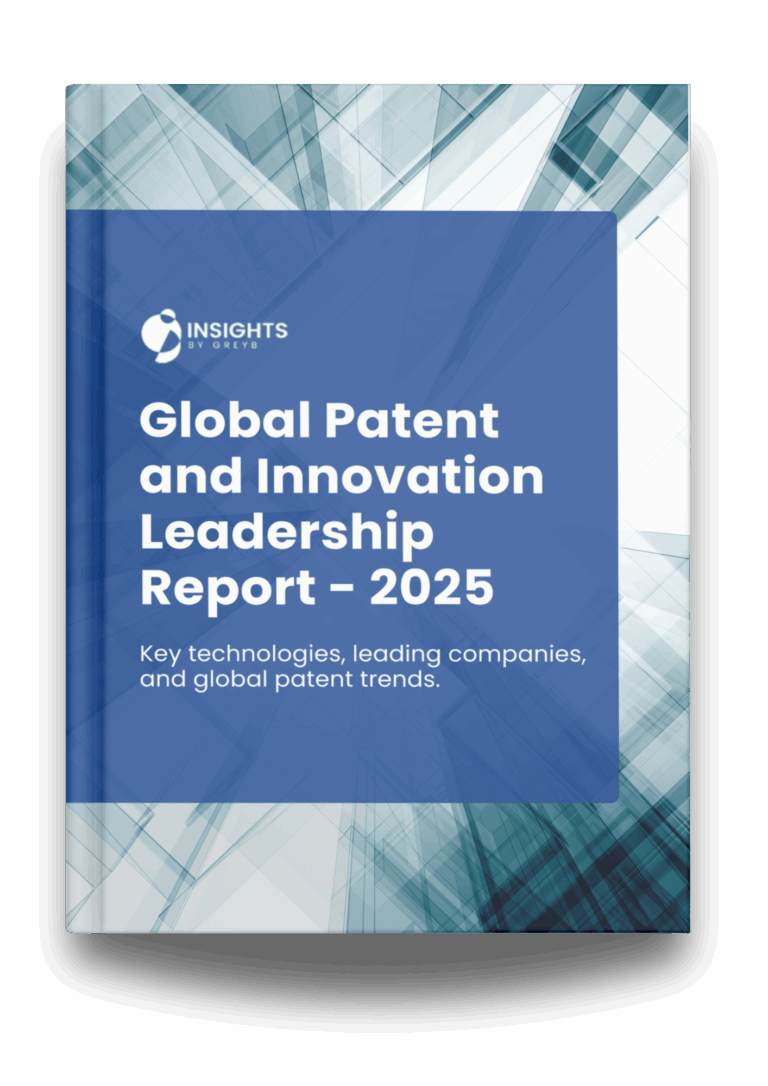The human Microbiome is the aggregate of all microbiota (e.g. bacteria, archaea, fungi, protists and viruses) that reside on or within human tissues and bio fluids, including the skin, mammary glands, placenta, seminal fluid, uterus, ovarian follicles, lung, saliva, oral mucosa, conjunctiva, biliary tract, and gastrointestinal tract.
Nowadays, Microbiome is being used in treatment of various diseases like inflammatory bowel disease, cancer, dysbiosis, obesity, neurological disorders (e.g. schizophrenia, autism) and as cosmetics well. According to a study, the market cap for Microbiome will be about $1.3 billion by 2026, with a CAGR of 56.4%.
There is a-lot of research is going on in the Microbiome space and in last few years many new players seem to capture this space. Let’s have a look at the few emerging players in this domain-
1. VastBiome
VastBiome is a Millbrae, CA, US based company, founded in 2018, seems to be one of the top players in this domain. It develops the microbiome for biomarkers and novel therapeutics: Immunotherapy (e.g. to treat cancer and autoimmune disease).
Though, it is yet to announce first breakthrough product, it has reported some progress for e.g. a) its pipeline has shown promising results to accurately predict response to checkpoint therapies with 82% accuracy, b) It identifies 2x in silico validated genetic blueprints that are linked to increasing efficacy to CI and reduce immune related adverse events.
VestiBiome has got the fame in very less time; recently (October 2020), it raised about $4.5 Million in Seed Funding from Lead Investor Viking Global, Timewise Investment and Merck Global Health Innovation Fund. Further, mentioned below are its other partners from which it raised some more funds-
$200K from Illumina for sequencing credits
$100K from AWS for cloud computing
$500K from TMC to fund our initial year as fellows
7 clinical partners which include Baylor college of medicine, Moffitt cancer center amongst others
2. Snipr Biome
Headquartered in Copenhagen, Denmark and founded in 2017; Snipr Biome is a CRIPSER based Microbiome company. They seem to developing a solution to antimicrobial resistance using CRIPR technology, where a selected type of microbiome can be destroyed/modified. Using this cutting edge microbiome research, specially the precision killing of bacteria (anti-biotic), they aim to provide a solution for untreatable and difficult-to-treat infections as well as complex diseases directly impacted by the human microbiota.
They have also protected their methodology via several patents (about 15), most of which claim novel method for modifying microbiota of a patient (e.g. US9701964B2, US10953090B2), which is beneficial in the treatment of various pathological conditions like, cancer, microbial, autoimmune, and inflammatory diseases.
In March 2019, it announced a $50 million series A financing led by Lundbeckfonden Emerge (Copenhagen) and LSP (Amsterdam), North-East Family Office (Copenhagen) and Wellington Partners (Munich). Further, SNIPR BIOME won the “EY Entrepreneur Of The Year 2019 / Life Sciences” award.
3. Boost Biomes
Founded in 2016, Boost Biomes is a South San Francisco, Californiabased clinical stage Biotechnology Company. It develops microbiome products for food and agriculture. It uses DNA sequencing, selective enrichment and advanced informatics to identify microbial products with important commercial roles like, to produce biological, organic, safe biopesticides for crops. Produced microbiome products increase overall yield of the crop by various means like, manage diseases of high-value crops, reduces waste in agricultural products due to crop loss to fungal pests in the field and post-harvest, extend the shelf-life of fruit and vegetables after harvest etc.
Last year, (June 2020), Boost Biomes closed a $5 M Series A and co-development agreement with Yara International (global crop nutrition company), for biostimulants products. After that, in (December 2020) Boost Biomes bagged $2 M extension on Series A equity round, with Universal Materials Incubator (UMI), Japan. It plans to use this sum to develop microbiome product in areas of crop protection, crop nutrition, food safety and preservation, and soil health.
Recently, some of its IP assets got published, all of which claims a novel microbiome product with anti-fungal activity (US20210112815A1, WO2021030195A2, WO2021030577A1, IN202017033044A).
4. BiomX Inc
Founded in 2015, BiomX is a Ness Ziona, Israel based Microbiome company. It focuses on developing both natural and engineered phage (or bacteriophage) cocktails which destroy bacteria, that affect the appearance of skin or is responsible for multiple pathogenic conditions like, cystic fibrosis, inflammatory bowel disease, atopic dermatitis, colorectal cancer etc. Its recent IP publications also supports the same, as it has only couple of patents all of which protects bacteriophage treatment for acne and biofilms (EP3720459A1), for modulating inflammatory bowel disease (EP3678639A2, WO2020178636A1).
Coming to its product pipeline, its lead candidate “BX001” (for acne treatment) is at phase-II clinical trial stage, while “BX003” (for IBD/PSC treatment) is at phase-1 clinical stage. Further, other products like “BX004” (for Cystic Fibrosis treatment), “BX005” (for Atopic Dermatitis) and a product for colorectal cancer treatment are at preclinical stage.
In December 2018, BiomX collaborated with Johnson & Johnson Innovation to develop Microbiome based biomarkers for IBD. After that, in October 2019, BiomX Ltd. raised about $70 M from a merger with Chardan Healthcare and renamed as BiomX Inc. Chardan Healthcare is a New York-based special acquisition company founded by affiliates of investment firm Chardan Capital Markets LLC.
5. Kaleido BioSciences
Founded in 2015, Kaleido BioSciences is a Massachusetts, United States clinical-stage healthcare company. It uses chemistry-driven approach to systematically drive functional outputs (metabolic products) of the microbiome. They have built a human-centric proprietary product platform for discovery and development of novel Microbiome Metabolic Therapies (MMT™).
There are 4 active products in Kaleidos clinical stage pipeline, including KB109 which increases the production of short chain fatty acids, metabolites that affects the immune response in viral respiratory infections (e.g. COVID-19), as well as promotes commensal bacteria and reduces pathogenic bacteria. Further, study suggests that these short chain fatty acids may mitigate the inappropriate immune response to COVID-19. Next, product includes KB295 for Inflammatory Bowel Disease (IBD), KB195 for Urea Cycle Disorders and KB174 for Hepatic Encephalopathy.
Recently, it has been involved in multiple collaborations with other healthcare organizations to develop Microbiome Metabolic Therapies (MMTs) for various diseases. Like, a) in September 2019, collaborated with Gustave Roussy Cancer Center to develop MMTs for Immuno-oncology treatment, b) in (January 2020) it collaborated with Janssen (owned by Johnson & Johnson) to explore MMTs for childhood-onset of atopic, immune and metabolic conditions and, c) in November 2019, it collaborated with Bioaster and Metagenopolis to investigate the health potential of a novel class of therapies (MMTs) targeting the microbiome.
Also, it owns about 21 patents in this domain most of which claims the same i.e. MMTs (e.g. US20160213702A1, WO2020227689A1).
Apart from these MaaT Pharma, Evelo biosciences, Naked Biome etc. are other few examples which seem to be prominent budding players in this domain.


